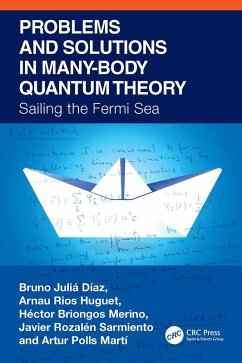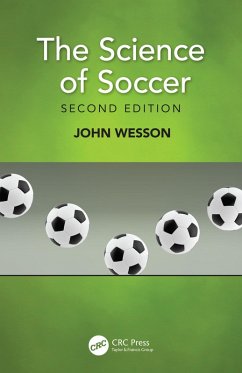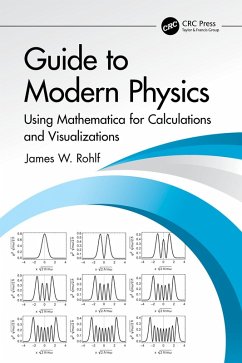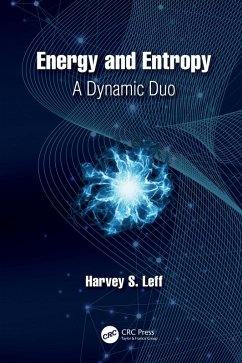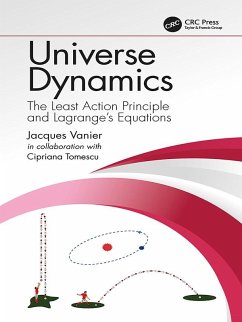
Introductory Physics (eBook, PDF)
Summaries, Examples, and Practice Problems
Versandkostenfrei!
Sofort per Download lieferbar
45,95 €
inkl. MwSt.
Weitere Ausgaben:

PAYBACK Punkte
23 °P sammeln!
Physics describes how motion works in everyday life. Clothes washers and rolling pins are undergoing rotational motion. A flying bird uses forces. Tossing a set of keys involves equations that describe motion (kinematics). Two people bumping into each other while cooking in a kitchen involves linear momentum.This textbook covers topics related to units, kinematics, forces, energy, momentum, circular and rotational motion, Newton's general equation for gravity, and simple harmonic motion (things that go back and forth). A math review is also included, with a focus on algebra and trigonometry.Th...
Physics describes how motion works in everyday life. Clothes washers and rolling pins are undergoing rotational motion. A flying bird uses forces. Tossing a set of keys involves equations that describe motion (kinematics). Two people bumping into each other while cooking in a kitchen involves linear momentum.
This textbook covers topics related to units, kinematics, forces, energy, momentum, circular and rotational motion, Newton's general equation for gravity, and simple harmonic motion (things that go back and forth). A math review is also included, with a focus on algebra and trigonometry.
The goal of this textbook is to present a clear introduction to these topics, in small pieces, with examples that readers can relate to. Each topic comes with a short summary, a fully solved example, and practice problems. Full solutions are included for over 400 problems.
This book is a very useful study guide for students in introductory physics courses, including high school and college students in an algebra-based introductory physics course and even students in an introductory calculus-level course. It can also be used as a standalone textbook in courses where derivations are not emphasized.
Key features:
Michael Antosh teaches physics at the University of Rhode Island, USA. He obtained a Ph.D. in physics from Brown University.
This textbook covers topics related to units, kinematics, forces, energy, momentum, circular and rotational motion, Newton's general equation for gravity, and simple harmonic motion (things that go back and forth). A math review is also included, with a focus on algebra and trigonometry.
The goal of this textbook is to present a clear introduction to these topics, in small pieces, with examples that readers can relate to. Each topic comes with a short summary, a fully solved example, and practice problems. Full solutions are included for over 400 problems.
This book is a very useful study guide for students in introductory physics courses, including high school and college students in an algebra-based introductory physics course and even students in an introductory calculus-level course. It can also be used as a standalone textbook in courses where derivations are not emphasized.
Key features:
- Organizes a difficult subject into short and clearly written sections.
- Can be used alongside any introductory physics textbook.
- Presents clear examples for every problem type discussed in the textbook.
Michael Antosh teaches physics at the University of Rhode Island, USA. He obtained a Ph.D. in physics from Brown University.
Dieser Download kann aus rechtlichen Gründen nur mit Rechnungsadresse in A, B, BG, CY, CZ, D, DK, EW, E, FIN, F, GR, HR, H, IRL, I, LT, L, LR, M, NL, PL, P, R, S, SLO, SK ausgeliefert werden.





